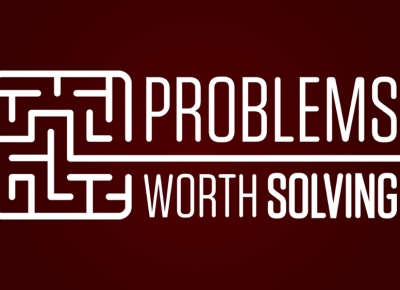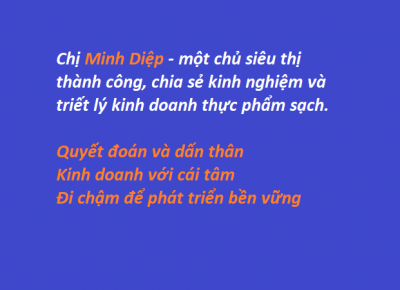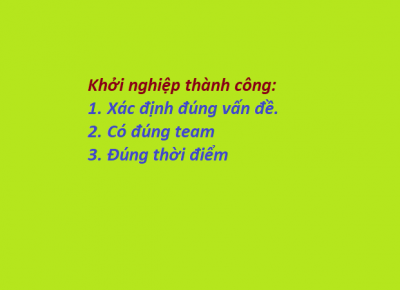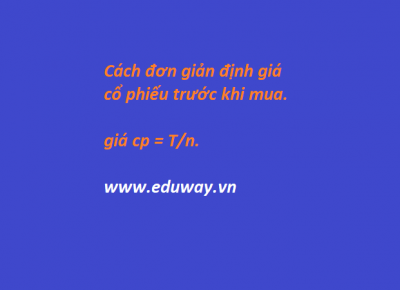Mathematics Is a Language
Mathematics is called the language of science. Italian astronomer and physicist Galileo Galilei is attributed with the quote, "Mathematics is the language in which God has written the universe." Most likely this quote is a summary of his statement in Opere Il Saggiatore:
[The universe] cannot be read until we have learnt the language and become familiar with the characters in which it is written. It is written in mathematical language, and the letters are triangles, circles and other geometrical figures, without which means it is humanly impossible to comprehend a single word.
Yet, is mathematics truly a language, like English or Chinese? To answer the question, it helps to know what language is and how the vocabulary and grammar of mathematics are used to construct sentences.
What Is a Language?
There are multiple definitions of "language." A language may be a system of words or codes used within a discipline. Language may refer to a system of communication using symbols or sounds. Linguist Noam Chomsky defined language as a set of sentences constructed using a finite set of elements. Some linguists believe language should be able to represent events and abstract concepts.
Whichever definition is used, a language contains the following components:
- There must be a vocabulary of words or symbols.
- Meaning must be attached to the words or symbols.
- A language employs grammar, which is a set of rules that outline how vocabulary is used.
- A syntax organizes symbols into linear structures or propositions.
- A narrative or discourse consists of strings of syntactic propositions.
- There must be (or have been) a group of people who use and understand the symbols.
Mathematics meets all of these requirements. The symbols, their meanings, syntax, and grammar are the same throughout the world. Mathematicians, scientists, and others use math to communicate concepts. Mathematics describes itself (a field called meta-mathematics), real-world phenomena, and abstract concepts.









